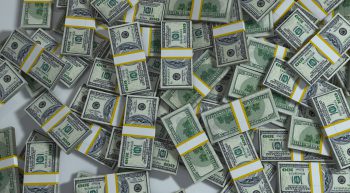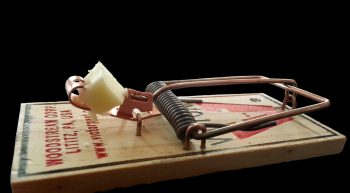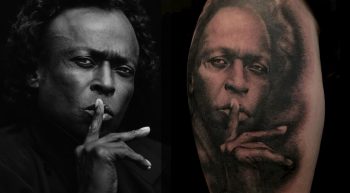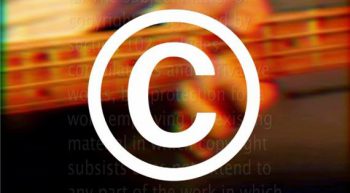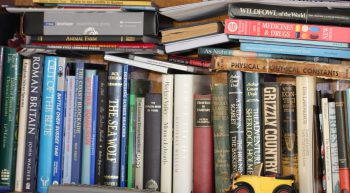News broke recently that an unnamed AI company was preparing to pay Reddit $60 million a year to be allowed to scrape the content off the popular website. The company, rumored to be Google, and the deal, according to Bloomberg Law is “…the first major public licensing deal between a US social media giant and an external AI company.” But Reddit does not own the copyright to the content that appears on its site. How can it strike this deal? Nova Southeastern University's Copyright Officer, Stephen Carlisle, J.D., gets to the details and finds just another tech slight of hand, but one that still doesn’t work. So where’s the money going to go?
